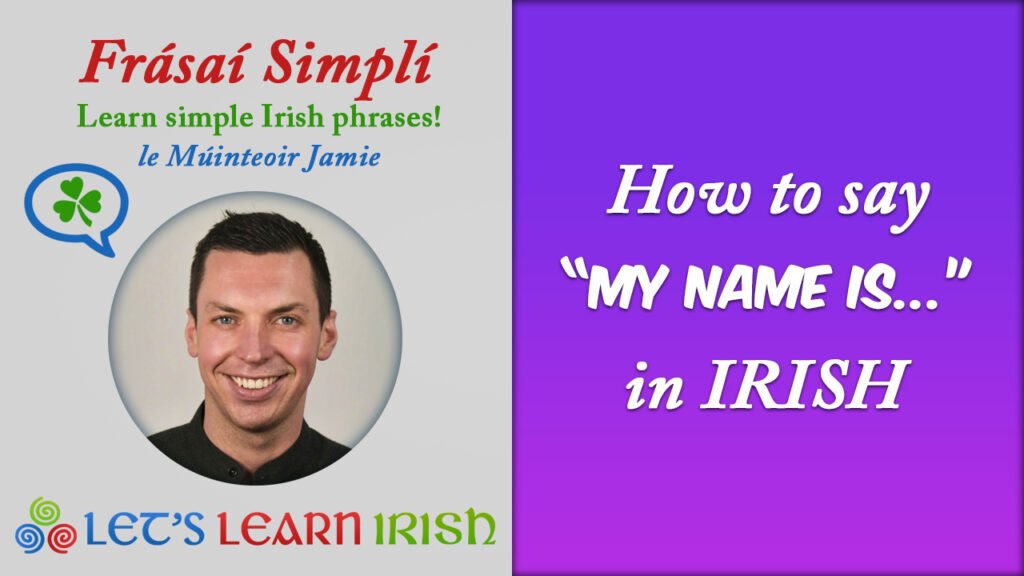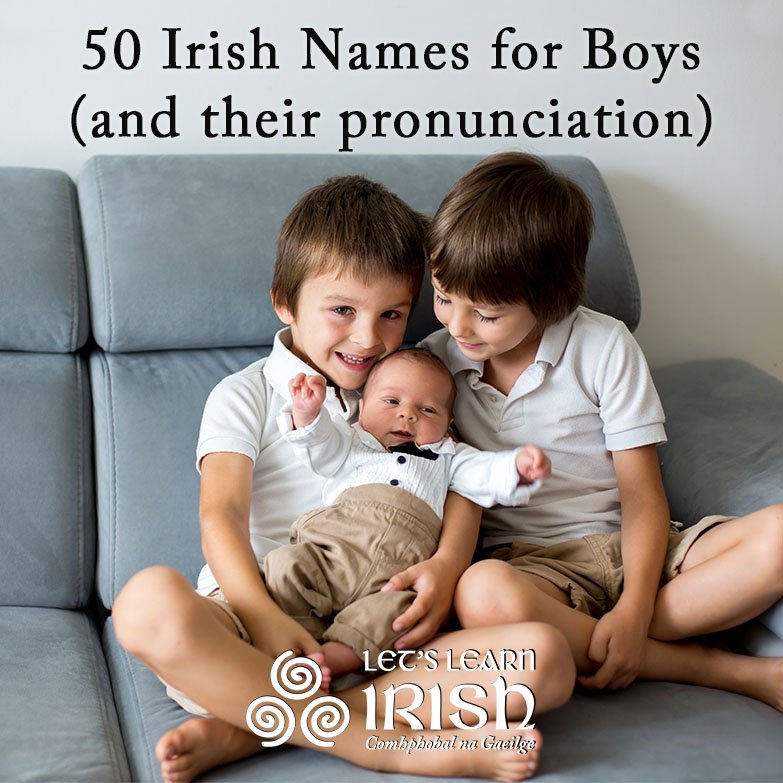“Goodbye!” in Irish
To get started speaking Irish, we need to learn the very basics! Hopefully by now you have learned how to greet someone in Irish, or perhaps even how to introduce yourself. In this short video, Jamie teaches us how to say “Goodbye!” in Irish…
How to say "Goodbye!" in Irish
When wishing someone goodbye, we often say “Slán go fóill”. Here, “slán” means “goodbye” and “go fóill” means “for now”.
There are other ways to say goodbye as well, such as “Slán leat”, which is said to one person when they are leaving but you are staying. “Slán agat” is what you say when you are leaving, and someone is staying. “Slán abhaile” is used when you are wishing safe travels home! Of course, you can also just simply say “Slán” casually or if you are unsure of which form to use.
Watch the video to practice your pronunciation of the phrase “Slán go fóill”. Once you learn this phrase, see our other videos, such as how to ask someone for their phone number, or how to tell the time in Irish. For live interaction, be sure to attend our next Free Workshop, or join a 7-week Introductory course – beidh fáilte romhat!
Samplaí Eile / Other Examples:
– Slán go fóill = Bye for now!
– Slán abhaile = Safe home!
– Go dté tú slán = Take care!
Bígí páirteach!
Join the online Irish community at LetsLearnIrish.com.
Follow on social media @LetsLearnIrish.





